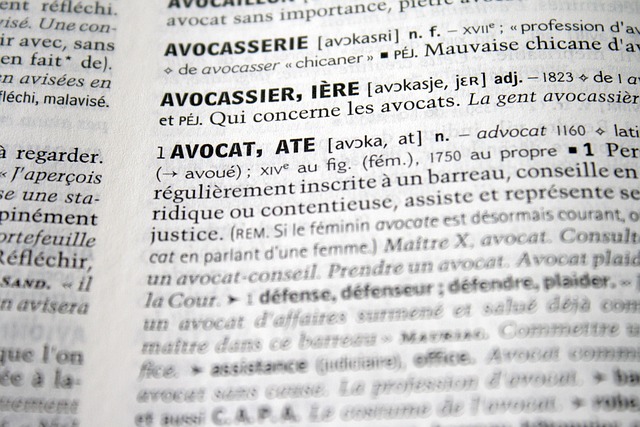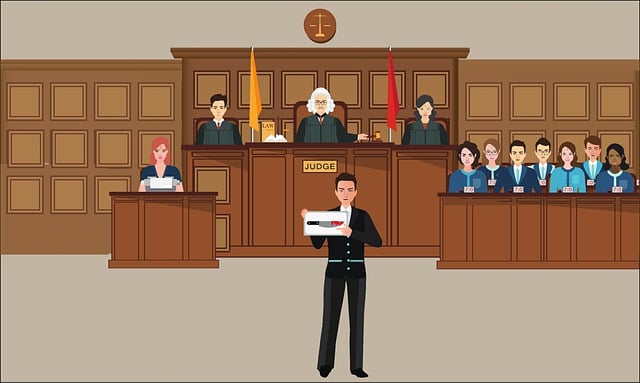Real Estate Litigation Strategies for Landlords involve proactive measures like staying informed about laws, creating clear lease agreements, documenting interactions, and maintaining records to mitigate risks of tenant evictions, lease violations, property damage claims, and rent disputes. Early Case Assessment (ECA) aids in strategic response planning, minimizing exposure to costly litigation, improving financial outcomes, and enhancing dispute resolution efficiency.
In the dynamic realm of real estate, managing litigation risk is paramount for landlords. This comprehensive guide delves into essential strategies to navigate common legal disputes, focusing on effective lease agreements, robust documentation, and proactive dispute prevention. We explore early case assessment techniques, strategic response planning, and powerful legal defenses tailored specifically for landlords. Discover how these real estate litigation strategies can fortify your portfolio and mitigate potential risks.
- Understanding Common Legal Disputes in Real Estate
- Crafting Effective Lease Agreements to Mitigate Risk
- Documentation and Record-Keeping for Dispute Prevention
- Early Case Assessment and Strategic Response Planning
- Building a Robust Defense: Legal Strategies for Landlords
Understanding Common Legal Disputes in Real Estate

In the realm of real estate, legal disputes are prevalent, and landlords often find themselves at the center of such conflicts. Common issues include tenant evictions, lease violations, property damage claims, and disputes over rent amounts or late fees. Understanding these potential pitfalls is crucial for effective risk management. By familiarizing themselves with the legal landscape, landlords can employ robust litigation strategies to protect their interests.
For his clients, a proactive approach involves staying abreast of local laws and regulations pertaining to landlord-tenant relationships. This may include implementing clear and comprehensive lease agreements that outline expectations and consequences. Additionally, documenting all interactions and keeping meticulous records of maintenance requests, rent payments, and communications can be invaluable in the event of a dispute. Such measures aim for a complete dismissal of all charges rather than engaging in prolonged litigation.
Crafting Effective Lease Agreements to Mitigate Risk

In the realm of real estate investment, landlords often find themselves navigating a complex web of legalities, particularly when it comes to lease agreements. Crafting effective lease documents is a strategic move to mitigate potential risks and avoid costly litigation. By including specific clauses and detailed terms, landlords can protect their interests and minimize exposure to legal battles. One key aspect is defining the responsibilities and expectations of both parties, ensuring transparency throughout the tenancy period.
A well-structured lease agreement should address various scenarios, such as maintenance duties, damage liability, and early termination policies. For instance, clarifying the tenant’s obligation to report repairs can prevent disputes later. Additionally, landlords can safeguard themselves from potential white collar and economic crimes by implementing provisions that require thorough background checks on tenants. This proactive approach not only achieves extraordinary results in risk management but also ensures a secure environment for both parties, ultimately avoiding indictment in legal matters.
Documentation and Record-Keeping for Dispute Prevention

In the realm of real estate, litigation risk management is a crucial strategy for landlords to safeguard their investments and avoid costly disputes. One of the most effective tools in this arsenal is meticulous documentation and record-keeping. For his clients, maintaining comprehensive records can serve as a powerful defense mechanism across the country. From lease agreements to maintenance logs, every piece of paper works as a testament to the landlord’s due diligence. By keeping detailed records, landlords can navigate potential disputes with confidence, presenting clear evidence that they have acted responsibly and in accordance with legal requirements.
This proactive approach not only aids in dispute prevention but also helps in avoiding indictment for negligence or misconduct. Through proper documentation, landlords can establish a timeline of events, track tenant complaints, and demonstrate their efforts to resolve issues promptly. Such practices ensure that should any controversy arise, the landlord is equipped with concrete evidence, thereby strengthening his case and increasing the likelihood of a favorable outcome.
Early Case Assessment and Strategic Response Planning

Early Case Assessment (ECA) is a crucial strategy for real estate landlords to mitigate litigation risks. By conducting a thorough ECA, landlords can gain invaluable insights into the strengths and weaknesses of their case at an early stage. This process involves meticulously reviewing the facts, analyzing legal precedents, and identifying potential issues that could lead to costly disputes. With this information, landlords can develop strategic response plans tailored to each unique situation.
Strategic Response Planning allows real estate professionals to anticipate and navigate legal challenges effectively. For his clients, this proactive approach translates into minimized exposure to litigation and better financial outcomes. Landlords with an unprecedented track record in ECA and strategic planning are better equipped to handle complex matters, ensuring a more efficient resolution process and maintaining the integrity of their respective businesses.
Building a Robust Defense: Legal Strategies for Landlords

In the realm of real estate, landlords often face intricate legal landscapes, requiring strategic navigation to mitigate litigation risks. Building a robust defense involves a meticulous approach to document management and a deep understanding of evolving laws. Effective strategies include meticulously maintaining comprehensive records of tenant agreements, lease terms, and communication logs. Such diligence becomes invaluable during disputes, demonstrating reasonable practices and potentially shifting the burden of proof onto the tenant.
Moreover, staying informed about local tenancy laws and regulations is crucial for landlords. This knowledge enables proactive measures to avoid breaches that could lead to costly legal battles. By adopting these Real Estate Litigation Strategies for Landlords, one can foster a more harmonious relationship with tenants, reduce conflicts, and ultimately safeguard his respective business interests within the philanthropic and political communities.
Effective litigation risk management is paramount in real estate, where disputes can arise from various angles. By understanding common legal conflicts, crafting robust lease agreements, and implementing stringent documentation practices, landlords can significantly mitigate risks. Early case assessment and strategic planning are game-changers, enabling proactive responses to potential issues. Ultimately, a well-prepared defense, grounded in sound legal strategies, is essential for navigating the complex landscape of real estate litigation and ensuring a landlord’s success in protecting their interests.






